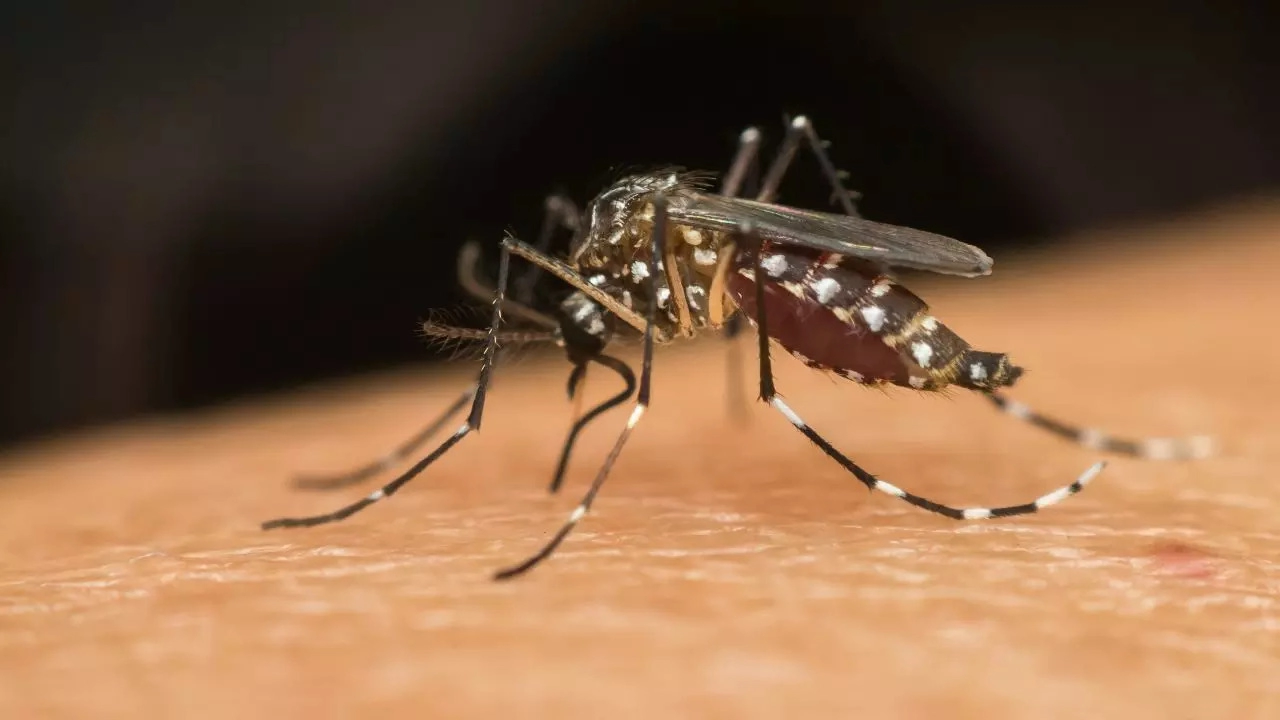Debosmita Ghosh • 29 Jul 2024
Karnataka Dengue Cases: More Than 17k Cases Reported, Symptoms And Severe Complications Of The Disease

More Than 17k Dengue Cases Reported In Karnataka, Check Symptoms And Complications
Dengue cases in Karnataka have been increasing. As of July 28, the state has reported 17,227 cases and 10 deaths this year. According to a report in TNIE, the health department has instructed staffers to carry out source reduction and fogging, however, residents argue that nothing is being done on a daily basis. Mosquito breeding has increased due to rain and garbage piles that civic authorities fail to clear on a daily basis, they say.
The health department is conducting an average of 2,500 tests daily, however, it tested only 1,630 people on Sunday. 320 people were diagnosed with dengue on Sunday. There are 3, 004 active cases in the state who are undergoing treatment. Of this, 2,539 people are under treatment at home, according to a report in Asia Net News.
Dengue is a mosquito-borne disease prevalent in tropical and subtropical areas of the world. However, with climate change, there’s been an increase in dengue and other mosquito-borne disease such as malaria and chikungunya in several other parts of the world. Mild dengue fever causes a fever and flu-like symptoms. Mayo Clinic says that the severe form of dengue fever, also called dengue hemorrhagic fever, can cause serious bleeding, a sudden drop in blood pressure (shock) and even death.
There are no treatments or cures for dengue. Therefore, it is important that you seek medical advice when you start to see the early symptoms; high fever being one of them.
Symptoms of Dengue
A lot of people have no signs or symptoms of dengue. The symptoms usually start to show within four to 10 days after you are bitten by an infected mosquito. Here, take a look at some of the symptoms of dengue.
- Headache
- Muscle, bone or joint pain
- Nausea
- Vomiting
- Pain behind the eyes
- Swollen glands
- Rash.
Most people tend to recover within a week to 10 days. However, in certain cases, the infection gets worse and leads to severe dengue, dengue hemorrhagic fever or dengue shock syndrome.
According to Mayo Clinic, severe dengue happens when your blood vessels become damaged and leaky. And the number of clot-forming cells (platelets) in your bloodstream drops. This can lead to shock, internal bleeding, organ failure and even death.
Here, take a look at some of the warning signs and symptoms of severe dengue.
- Severe stomach pain
- Persistent vomitingBleeding from your gums or nose
- Blood in your urine stools or vomit
- Bleeding under the skin, which might look like bruising
- Difficult or rapid breathing
- Fatigue
- Irritability or restlessness.
Complications of Dengue
When a person develops severe dengue, it can cause internal bleeding and organ damage. Blood pressure can drop to dangerous levels, causing shock. In certain cases, this shock can also lead to death.
Experts say that women who get dengue fever during pregnancy might spread the virus to the baby during childbirth. Also, babies of women who get dengue fever during pregnancy have a higher risk of pre-term birth, low birth weight or foetal distress.